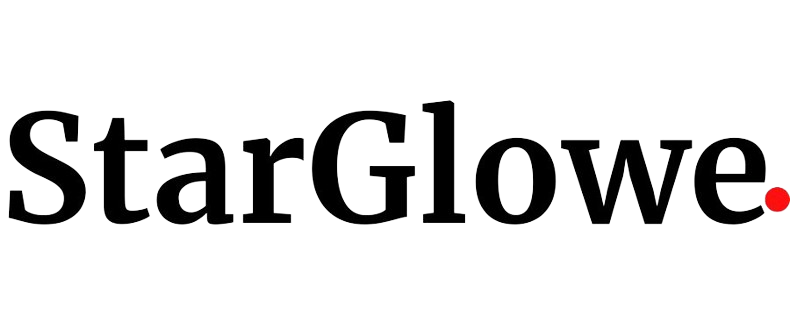
NAIDOC Week
July 7

NAIDOC Week stands as a pivotal celebration in Australia, dedicated to recognizing the rich culture, history, and achievements of Aboriginal and Torres Strait Islander peoples. Originating from the advocacy for Indigenous rights, NAIDOC Week has evolved from its humble beginnings as a day of mourning to a full week of celebrations across the nation. This event not only highlights the past struggles and achievements of Indigenous Australians but also focuses on their vibrant contemporary culture and their aspirations for the future.
Each year, NAIDOC Week is marked by a variety of activities, from traditional dances and musical performances to educational talks and art exhibitions. Schools, offices, and community centers all take part, showcasing the diversity and richness of Indigenous cultures. It’s a time for all Australians to learn about and appreciate the history and culture that form an integral part of the nation’s identity.
Theme and Focus of NAIDOC Week 2024
The theme for NAIDOC Week 2024, “Voice. Treaty. Truth.”, invites Australians to engage with three critical components towards reconciliation and better future relations between Indigenous and non-Indigenous Australians. This theme emphasizes the importance of recognizing Indigenous voices in national conversations, the significance of treaty negotiations, and the value of truth-telling about history.
The focus on these aspects is a call to action, urging all sectors of society to listen, engage, and commit to substantial and meaningful change that respects the rights and contributions of Aboriginal and Torres Strait Islander peoples. Educational institutions, corporations, and community groups are encouraged to participate in discussions and initiatives that propel these goals forward, thereby creating a more inclusive society.
Major Events and Activities During NAIDOC Week
Throughout NAIDOC Week, cities and towns across Australia burst into life with events that celebrate Indigenous culture. Major cities host large parades and outdoor festivals featuring live music, traditional dance, and culinary experiences that showcase native ingredients. In rural and remote areas, communities gather to share stories, ceremonies, and traditional games.
Additionally, art galleries and museums often launch exhibitions that feature Indigenous art, from traditional dot paintings to contemporary multimedia installations. Workshops that teach Indigenous languages, crafts, and survival skills such as bush medicine are popular and provide a hands-on way for people to engage with Indigenous culture.
Honoring Indigenous Achievements and Contributions
NAIDOC Week also serves as a platform to honor the achievements of Aboriginal and Torres Strait Islander peoples. Annually, the National NAIDOC Awards recognize outstanding contributions that Indigenous Australians make to improve the lives of people in their communities or promote Indigenous issues in the wider community. These awards cover various categories, including sport, arts, leadership, and public service.
Stories of individuals who have excelled in various fields such as education, health, and business are highlighted throughout the week. These stories not only serve as inspiration but also challenge the stereotypes often associated with Indigenous communities. They reflect the dynamism and resilience of these cultures, continuing to thrive against all odds.
How to Participate and Support NAIDOC Week
Everyone is encouraged to participate in NAIDOC Week. Attending events and celebrations is a great way to show support and appreciation for the culture and contributions of Indigenous peoples. Educators can incorporate NAIDOC themes into their curriculum, businesses can support Indigenous-led organizations, and individuals can promote awareness through social media.
Volunteering for events or donating to Indigenous charities are other excellent ways to contribute. Moreover, buying from Indigenous-owned businesses during NAIDOC Week and beyond helps support the economic empowerment of these communities. Most importantly, engaging in conversations about reconciliation and the importance of recognizing Indigenous rights can contribute to lasting change.
Author’s Opinion
NAIDOC Week is more than just a celebration; it’s a vital reminder of the importance of cultural diversity and inclusion in building a cohesive society. By participating in NAIDOC Week, we not only honor Indigenous culture and achievements but also promote a deeper understanding and respect among all Australians.
How to Mark
Mark NAIDOC Week by attending events, participating in workshops, and engaging with Indigenous culture through arts, cuisine, and history. Support local Indigenous businesses and learn about the significant historical, cultural, and political milestones that shape this celebration.
Why is This Day Important?
NAIDOC Week is important because it recognizes and celebrates the history, culture, and achievements of Aboriginal and Torres Strait Islander peoples as the First Australians. It is a week that promotes understanding and reconciliation, encouraging all Australians to come together to acknowledge the significant contributions of Indigenous peoples.
10 Wishes
- May we always remember the deep histories and cultures that shape our nation.
- Wishing for a future where true reconciliation and respect are achieved.
- May this NAIDOC Week bring more awareness and appreciation for Indigenous cultures.
- Wishing for continued strength and prosperity in Indigenous communities.
- May the spirit of NAIDOC bring unity and peace across Australia.
- Wishing for greater recognition of Indigenous voices in all areas of society.
- May we all learn and grow from the rich heritage shared this week.
- Wishing for a successful and enriching NAIDOC Week filled with joy and cultural pride.
- May every Australian take a moment to reflect on the contributions of Aboriginal and Torres Strait Islander peoples.
- Wishing that each NAIDOC Week inspires more individuals to engage in meaningful dialogues about our shared history.
10 Unusual Facts
- NAIDOC originally stood for ‘National Aborigines and Islanders Day Observance Committee’.
- The origins of NAIDOC Week can be traced back to Aboriginal rights groups in the 1920s.
- The first NAIDOC march was held in Sydney in 1988, during Australia’s bicentenary.
- NAIDOC Week was first observed as a day of mourning and protest rather than celebration.
- The NAIDOC Week awards were established to recognize the contributions of Indigenous people across various fields.
- Each year, the NAIDOC Week theme is chosen by an Indigenous council.
- NAIDOC Week includes the Miss NAIDOC beauty pageant, which empowers young Indigenous women.
- The celebrations are not exclusive to Indigenous Australians; everyone is encouraged to participate.
- Many Indigenous languages and traditions are highlighted and promoted during NAIDOC Week.
- NAIDOC Week has grown to include digital celebrations, reaching a global audience through virtual events.
Frequently Asked Questions with Answers
- What does NAIDOC stand for?
- NAIDOC stands for National Aborigines and Islanders Day Observance Committee.
- How can I participate in NAIDOC Week if I am not Indigenous?
- Everyone is encouraged to participate by attending events, learning about Indigenous culture, and supporting Indigenous businesses and causes.
- Why is NAIDOC Week celebrated in July?
- July was chosen to stand apart from Australia Day celebrations and provide a distinct time to celebrate and recognize Indigenous cultures without historical contention.
- What is the significance of the NAIDOC Week theme each year?
- The theme highlights current issues and priorities within Indigenous communities and serves as a focal point for the week’s activities and discussions.
- Are there specific ways businesses can support NAIDOC Week?
- Businesses can support by sponsoring events, employing Indigenous workers, and promoting Indigenous leaders and voices within their operations.




